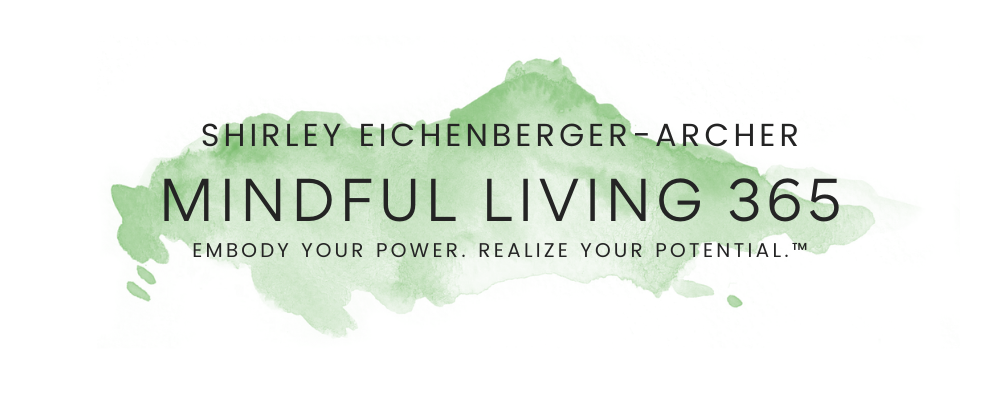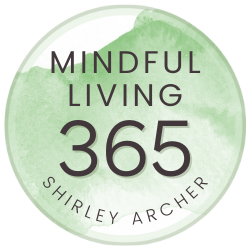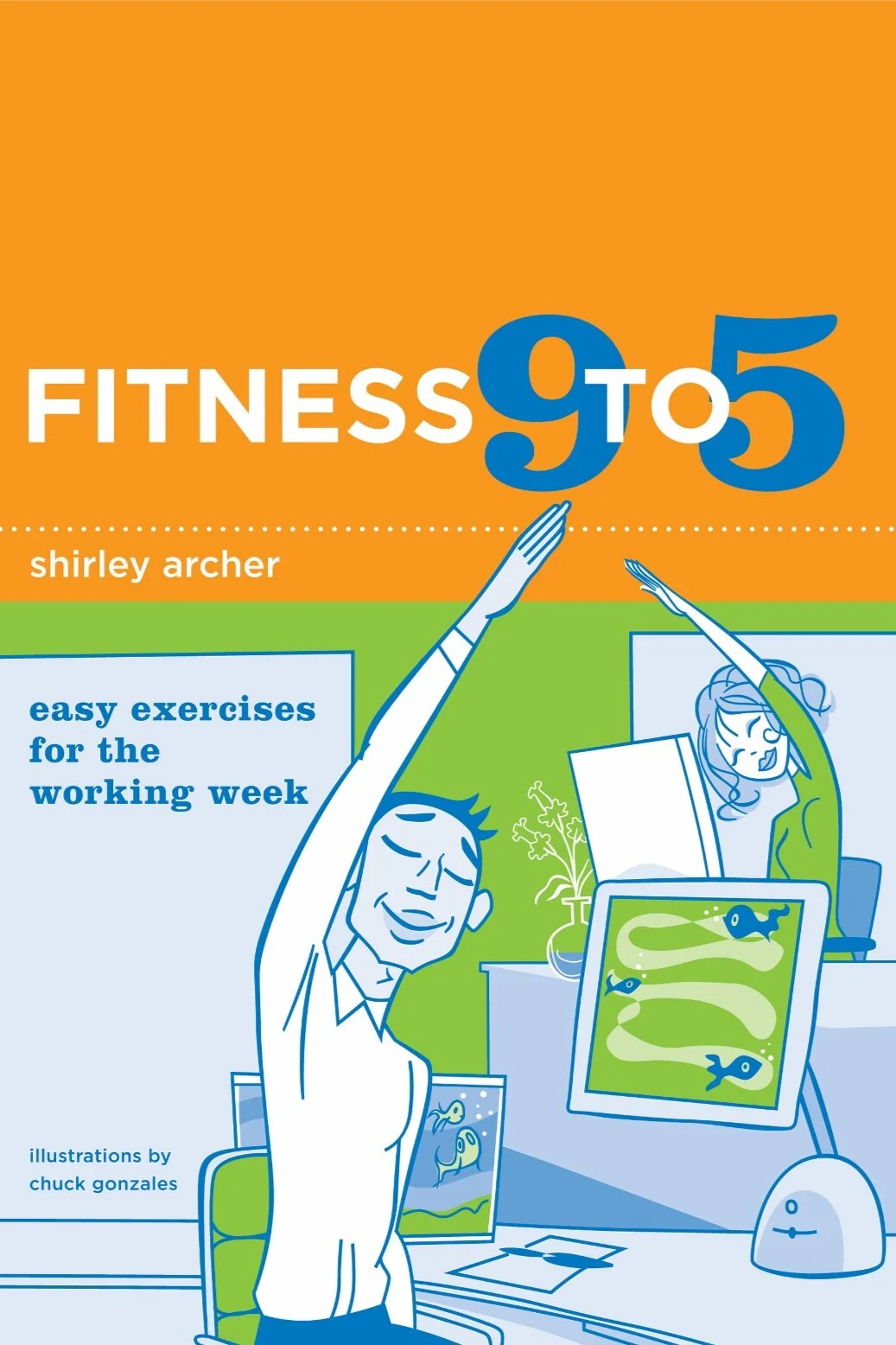TEACH YOURSELF RELAXATION
EVIDENCE BASED
YOU CAN LEARN HOW TO RELAX.
Sometimes, it's necessary to make a conscious effort to relax. Rushing from place to place, meeting deadlines, dealing with difficult people can all lead to one big adrenaline rush. You need to slow it down.
Chronically feeling 'stressed out' can lead to certain health issues, like high blood pressure. Or, it can make things worse, like arthritis. Historically, doctors weren't willing to recognize the direct connection of negative stress to health issues, but now we know what you feel and think also impacts your well-being just as what you eat and how acctive you are.
The good news is that research supports that relaxation techniques can help with the following issues:
anxiety
depression
headache
asthma
heart disease and heart symptoms
high blood pressure
insomnia
irritable bowel syndrome
Both chronic stress and relaxation affect body and mind. When we're physically relaxed, our heart rate is slower, our blood pressure is lower, we use less oxygen, and we experience lower stress hormone levels. Mentally, we feel calm and more able to cope. This state is sometimes referred to as “rest and digest,” in contrast to “fight or flight.”
Effective relaxation techniques include deep breathing, guided imagery, progressive relaxation, self-hypnosis, bio feedback and autogenic training. Check out my podcast, 'Mindful Moments with Shirley', for guided meditations. I have some as short as 2 minutes to demonstrate the power of taking only a few minutes to create more calm and inner peace.
A good clue to whether or not you are operating in a 'stressed out' state or in a more restful state of calm is to monitor your breathing rate. The breath connects you directly to your autonomic nervous system, which regulates whether your dominant state of being is either 'fight or flight' or 'rest and digest'. When we're in any type of challenging situation, the boost provided by 'fight or flight' can be helpful. However, we're not meant to stay that way all the time. In the following video, check in with your breathing rate to see what state you're in.
Or listen to my podcast below.
Click here to listen to my podcast on Apple Podcasts.
If you want to learn more about the science that supports using relaxation techniques for stress, go to http://nccam.nih.gov/health/providers/digest/relaxation-science.htm?nav=cd.
PRODUCT PICKS THAT YOU WILL LOVE
Visit my YouTube channel to subscribe for more tips. Have you downloaded Your Path to Peace? Go from stressed and anxious to calm and at ease in 5 simple steps. If this post helped you, please share with friends now, by using the buttons below. Thanks!


















